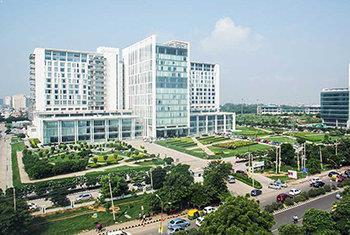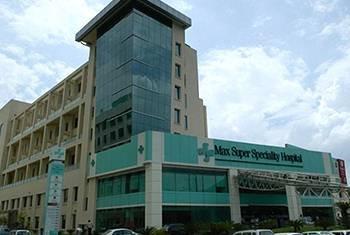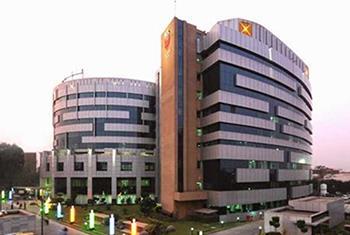If a person wants to donate his/her kidney, a series of tests will be conducted to determine their suitability. During the medical evaluation for a transplant, the potential donor will have blood tests to determine the blood type (A, B, AB, or O) and HLA tissue typing (human leukocyte antigen).
Blood type compatibility
If the blood type is compatible, it decreases the chances of rejection of the donated kidney.
Donors with O blood type can donate their kidneys to patients with blood types – O, A, B, or AB.
A donor with blood group A can donate to a patient with A or AB blood group, while a donor having blood group B can donate to B or AB blood group. Patients with AB blood type are limited to kidney transplants from donors with the same blood type.
HLA is a group of antigens that are present on the surface of white blood cells. These antigens are involved in the body’s immune response. HLA type match between the donor and patient is important as it’s more likely that the patient’s body won’t reject the kidney. Each person has six of these antigens, three obtained from each biological parent. The more antigens of the patient match those of the donor, the better is the chance of a successful transplant.
These are simple blood tests that are performed in a laboratory.
Typically, siblings and parents are good matches for a transplant, but a non-related person with matching HLA and blood compatibility is also suitable to donate.
Another test is Cross-matching:
This matching test helps determine whether antibodies in the patient’s blood will react against specific antigens present in the donor’s blood. For this, a small sample of the patient and donor blood is mixed in the lab for analysis. A negative crossmatch means there is compatibility and the patient’s body is less likely to reject the donor’s kidney. Negative crossmatch transplants are preferred. Positive crossmatch kidney transplants can also be done, but they require additional medical treatment and medicines to be taken before and after the transplant. These medications are given to reduce the risk of the patient’s antibodies reacting to the donor organ.










